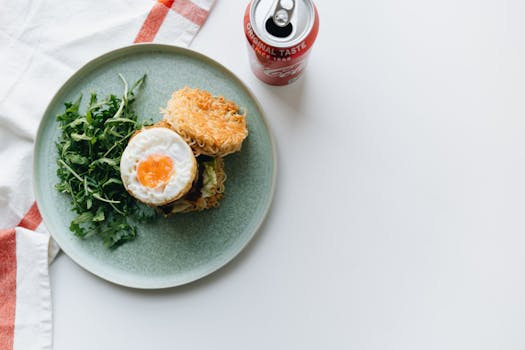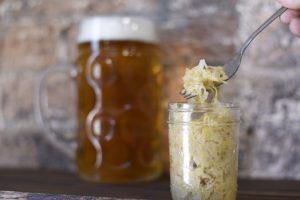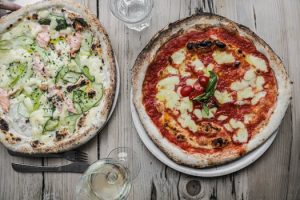Food Blogging 2.0: Influencers Shaping Culinary Trends
Food blogging has come a long way since its early days of sharing recipes and food photography on personal blogs. With the rise of social media, food blogging has evolved into a dynamic and influential world of its own, shaping culinary trends and driving food culture forward. And at the forefront of this movement are food influencers – passionate home cooks, professional chefs, and food enthusiasts who have amassed a large following and influence on platforms like Instagram, YouTube, and TikTok. In this article, we will explore how these food influencers have taken food blogging to the next level, ushering in the era of Food Blogging 2.0 and redefining the way we think about and consume food.
The Rise of Food Influencers
In today’s digital age, anyone with a camera and an internet connection can become a food influencer. With a few well-timed posts, stunning food photography, and engaging content, they can quickly build a loyal following and establish themselves as key players in the food world. These influencers not only have a deep passion for food, but they also have a unique ability to connect with their audience and inspire them to try new things, experiment with different flavors, and explore various cuisines.
The Power of Social Media
Social media has played a crucial role in elevating the status of food influencers. Platforms like Instagram, with its highly visual nature, have become a hub for food bloggers and influencers to showcase their culinary creations, share recipes, and promote new food trends. The power of a beautifully composed food photo to entice and inspire followers cannot be underestimated.
Moreover, with features like Instagram Stories and IGTV, influencers can now showcase their cooking techniques and recipes in real-time, making it easier than ever for their audience to follow along and recreate the dishes at home. This has opened up a whole new world of interactive and engaging content for food influencers to connect with their followers.
A New Era of Food Blogging
Food influencers have taken the traditional concept of food blogging and turned it into something more dynamic, engaging, and interactive. While traditional food blogs are still popular, food influencers have added a new dimension to the genre with their creative storytelling, stunning visuals, and relatable personalities.
Food Blogging 2.0 is all about creating an experience for the audience – one that goes beyond just sharing a recipe. Influencers share their personal stories, cooking tips, and behind-the-scenes glimpses into their kitchen, making their audience feel like they are a part of the process. This level of personalization and authenticity has made food blogging more relatable and appealing to a wider audience.
Influencers Shaping Culinary Trends
With their vast following and credibility, food influencers have the power to shape culinary trends and popularize certain foods and dishes. By sharing their own food adventures and discoveries, they introduce their audience to new flavor combinations, cooking techniques, and global cuisines, encouraging them to expand their palate and try new things.
From Avocado Toast to Dalgona Coffee
The power of food influencers to drive food trends is evident in the rise of dishes like avocado toast and Dalgona coffee. These seemingly simple dishes became viral sensations after influencers shared their versions and daily routines featuring them. Suddenly, everyone was trying out these new food trends, making them a staple in homes across the globe.
Influencers have also popularized global cuisines like Korean, Japanese, and Middle Eastern food in recent years. By sharing their love for these cuisines and showcasing their cooking, they have introduced their audience to new flavors and ingredients, and sparked a curiosity to explore these cuisines further.
The Future of Food Blogging
The influence of food bloggers and influencers is only set to grow in the coming years. As technology continues to advance, and social media platforms evolve, food influencers will find more ways to connect with their followers and create unique and engaging content. They will continue to shape culinary trends, encourage experimentation, and inspire people to explore food in new and exciting ways.
In conclusion, food influencers have revolutionized the world of food blogging, making it more dynamic and empowering. They have expanded the reach and appeal of food culture, driving culinary trends, and creating a stronger connection between people and the food they love. And with Food Blogging 2.0 already in full swing, we can only imagine where these influencers will take us in the future.










